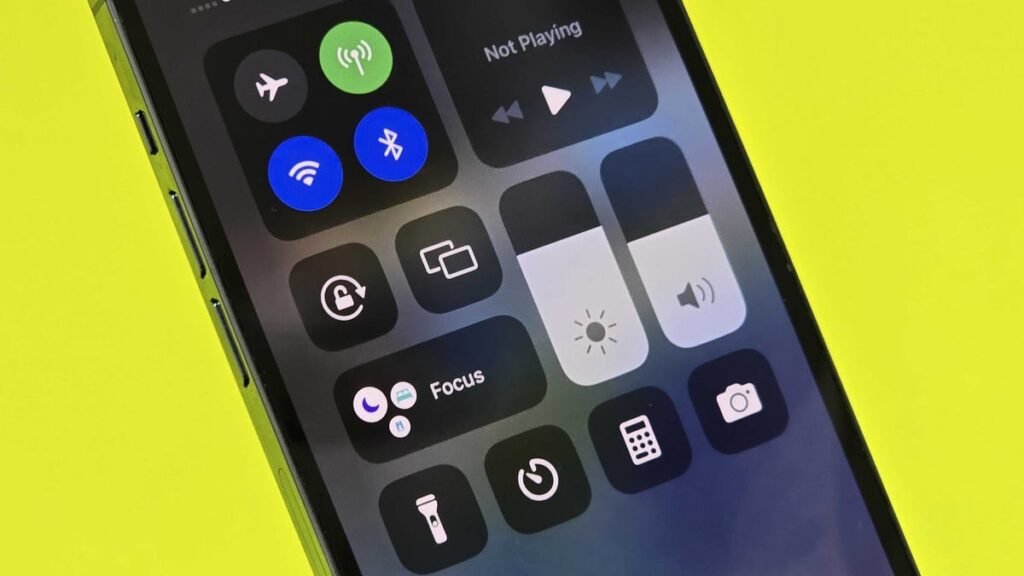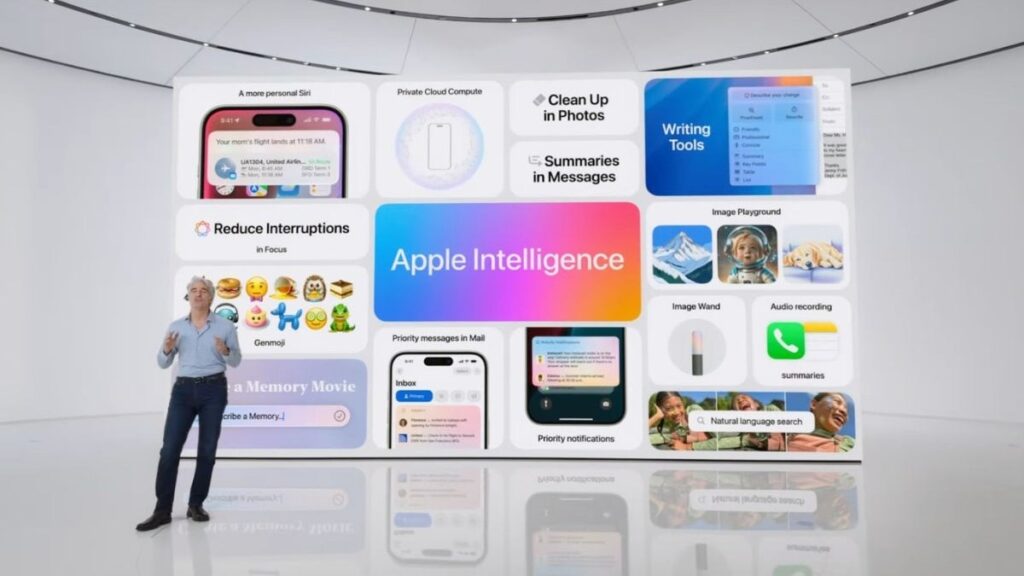For months, Apple was rumored to be working on different ways to keep its AI running strictly on device for security and privacy. However, Apple Intelligence is expected to rely on the cloud for at least some tasks, though the company is prioritizing on-device processing for enhanced privacy. Whether a specific task will be processed on-device or in the cloud will depend on task complexity, resource availability, data privacy considerations, and latency requirements.
Essentially, if a task is simple enough to be processed locally, leveraging the device’s processing power and battery life, and requires immediate results, it is more likely to be handled on-device. Tasks involving sensitive data could also prioritize on-device processing, as Apple prioritizes data privacy.
Also: Here’s every iPhone model that will support Apple’s new AI features (for now)
In turn, cloud-based AI processing requires sending data from the device to remote servers that can handle complex or computationally heavy tasks. In Apple’s case, tasks requiring processing large amounts of data or updated models could include intricate analysis and advanced generative AI requests.
Apple is leveraging what it calls Private Cloud Compute for complex tasks that require cloud servers. These processes draw on larger server-based models while protecting user privacy. The servers are built on Apple Silicon, and the data is never saved in the cloud.
Depending on its complexity and system requirements, an algorithm will determine whether a task requiring AI should be processed on-device or offloaded to the cloud. Simpler tasks like a Siri request and other basic NLP tasks can be processed on-device. More complex tasks, like generating a detailed summary of a large document, will be sent to the cloud, where more robust processing can occur.



